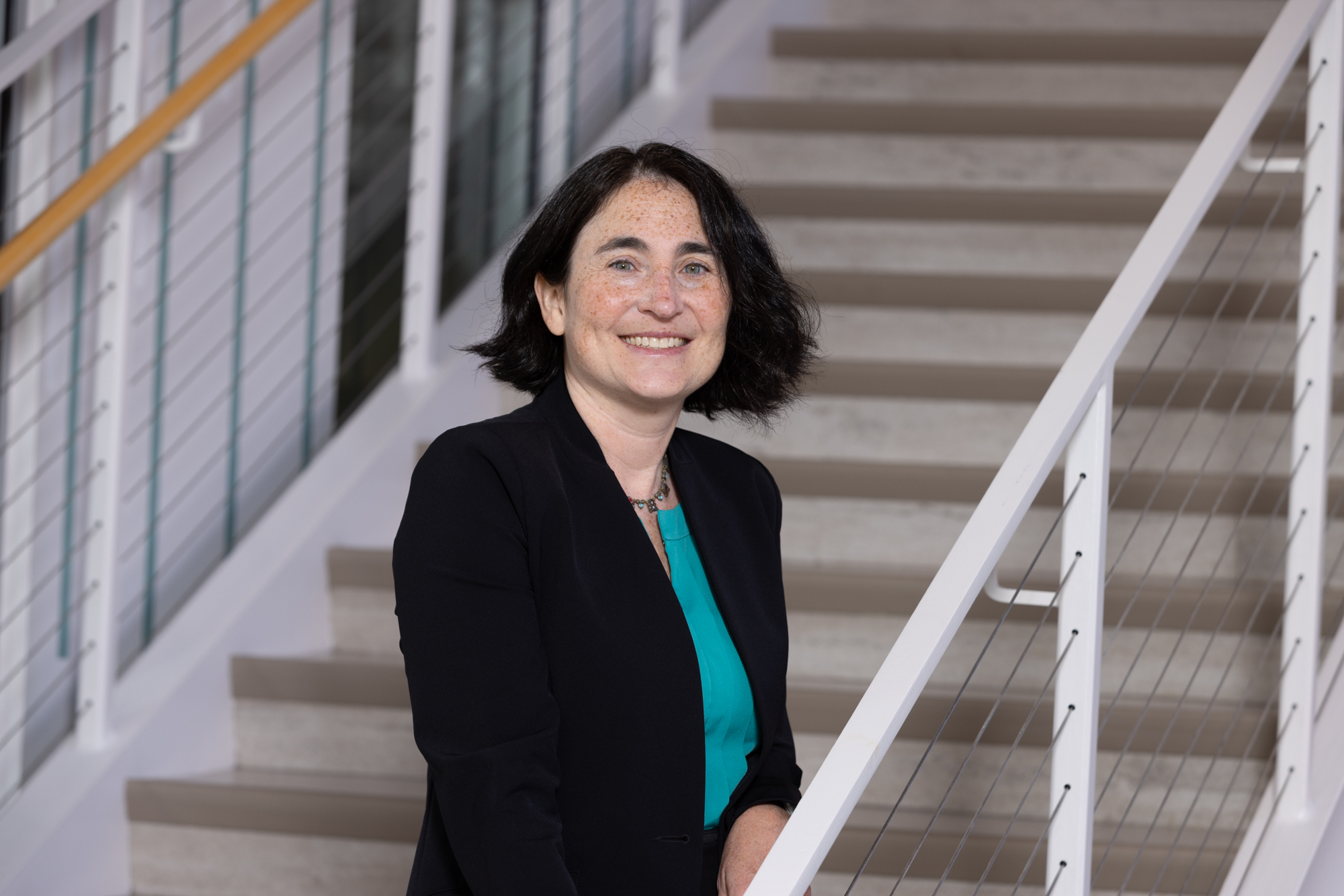In the Q&A below, Dr. Katherine Ornstein shares her thoughts on the importance of studying aging, her future plans for the Center, and more.
Tell me about your career journey up to this point.
I’m an epidemiologist by training, and I have always been interested in aging. Early in my career, I worked at a Mount Sinai Visiting Doctors Program, which was a home based primary and palliative care program in New York City. The program had a very profound impact on me and my research interests.
The patients we cared for couldn’t get out of their homes. They were very sick and at the end of life. We were there to provide medical care but it ended up becoming so much more.
We really supported those patients and their families, recognizing their needs, and connecting them to community services. It showed me a population that was invisible, hidden in their apartments, and eager for help to get the resources they needed.
I was always amazed seeing the nurses, physicians, and social workers who came into a home—and no matter what it looked like—got comfortable and easily established rapport with their patients. It was something special to see.
After I finished my PhD, I joined the faculty at Mount Sinai to continue studying home-based care delivery, the caregiving experience, and aging in place. Most recently, I served as Associate Professor in the Department of Geriatrics and Palliative Medicine and the Institute for Translational Epidemiology at the Icahn School of Medicine at Mount Sinai and was the research Director for the Institute for Care Innovations at Home.
Why are you interested in studying aging?
Aging is an inevitable part of a life, but older adults are frequently excluded from studies, research, and treatments. We all have parents, grandparents, and neighbors who are aging, particularly now with the baby boomers turning anywhere from 57 and 75 years old. It’s important for us to consider how we care for our aging society and to understand that process and how it impacts all of us. I always think the real question is, ‘why isn’t everyone studying aging?’
What is your most recent research focus?
One of the areas I’m really excited about understanding more is family caregiving in relation to serious illness and aging. Family caregivers provide the bulk of long-term care in this country, often at the expense of their own health, well-being and finances. I also am interested in thinking about older adults who don’t have family close by or those who don’t have what we think of as traditional family ties, like spouses and children.
We tend to make assumptions that people have family available to support them as they age, and sometimes that’s just not true. Even as a researcher who studies caregiving, I have to recognize that not everyone has family and we really should consider what that means for them and how we are supporting everybody.
What do you think aging means in today’s world?
There are a lot of misconceptions about what aging is. The media wants us to think that aging is a happy, gray-haired couple biking around living very healthy. But aging can be difficult; people can be really sick and/or have functional impairment, and we need to support them in their individual experience.
What’s important is that older adults get to choose how they want to live. It should not be inevitable that someone has to be in a nursing home if that’s not necessarily what they want.
Many older adults are experiencing poverty. We have programs that support older adults—Medicare, of course, and prescription drug programs—but major challenges remain. We have to support older adults and families so that they can keep their mother, father, and loved ones safe and healthy as they age.
Aging should be a process where people are supported and have access to the resources they need to find hope and meaning in their life.
What do you hope to achieve as new Director of the Center for Equity in Aging?
This new opportunity is really a dream come true for me. I’m excited to be at the school of nursing and within the university supporting people and their families, prioritizing aging and equity.
My hopes for the center include focusing in on home-based care delivery and considering how we’re not just supporting individuals but also their families. We need to make sure that equity is in the forefront of our research and initiatives.
I’d also like to see us broaden the way we think about aging. We know that aging does not just pertain to those who are 65 and older, but something that can be thought of across one’s entire life course. I’d like to see the Center explore how the decisions we make across our life impact not just our health, but the health of our children and for generations to come.
ABOUT THE AUTHOR: DANIELLE KRESS
Danielle is Senior Public Relations Manager for the Johns Hopkins School of Nursing. She produces the On the Pulse podcast and connects journalists with the school of nursing community.

